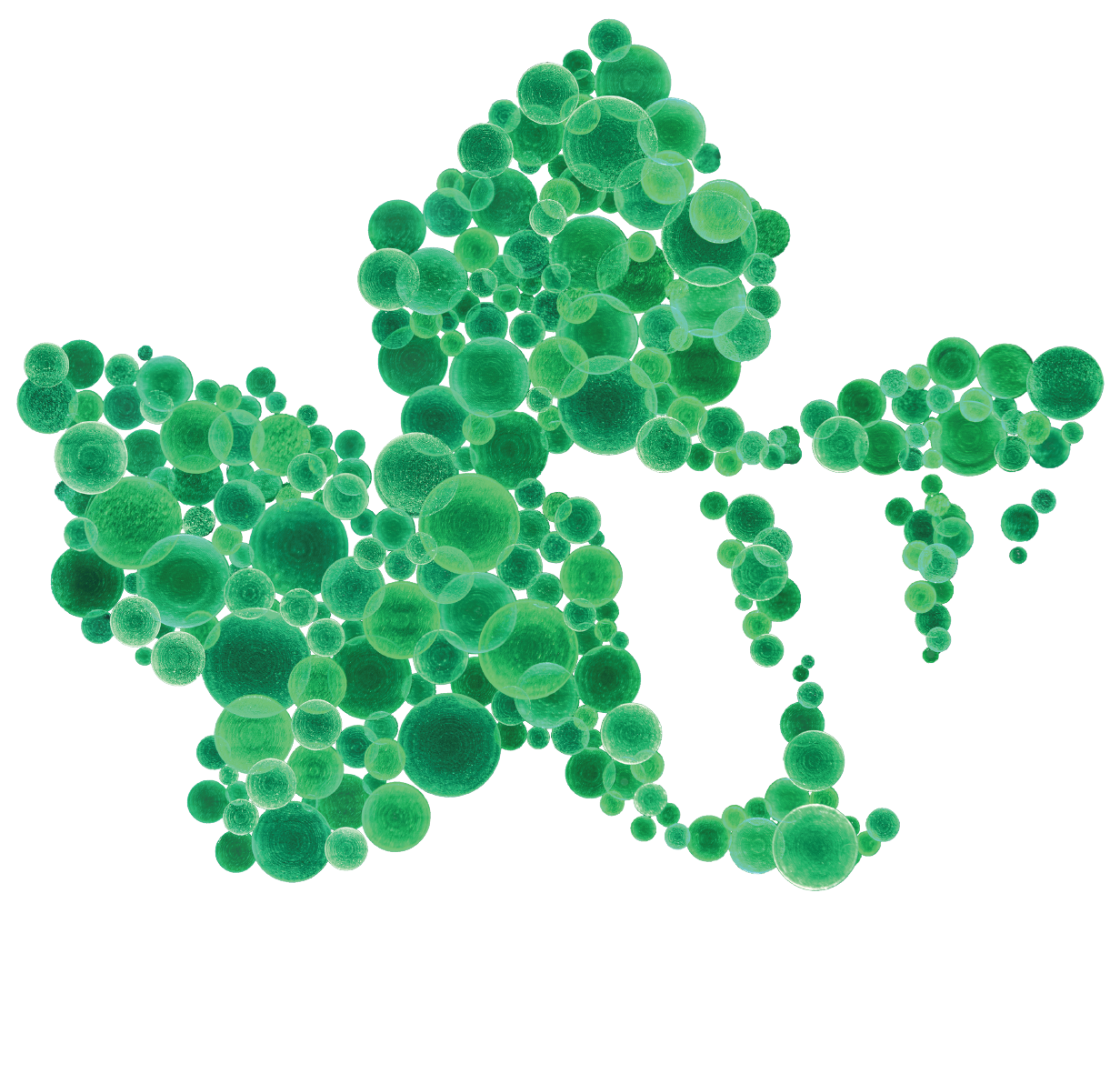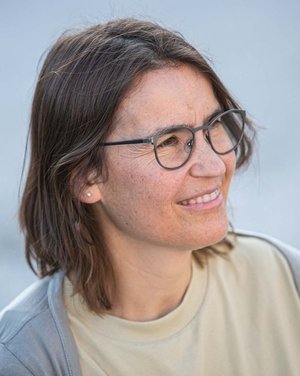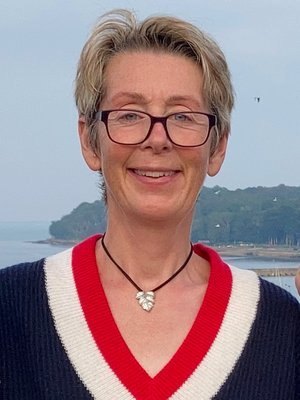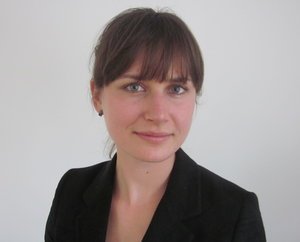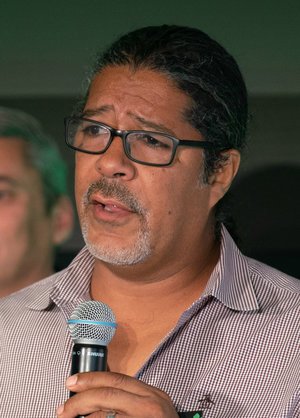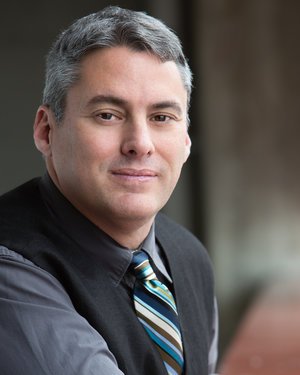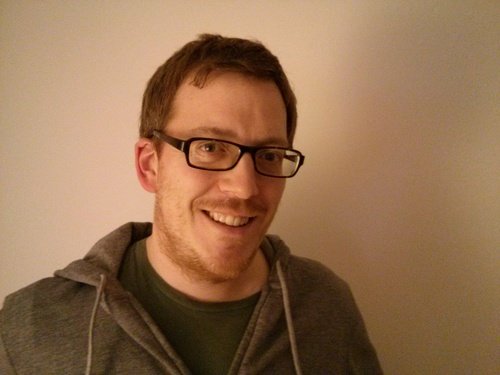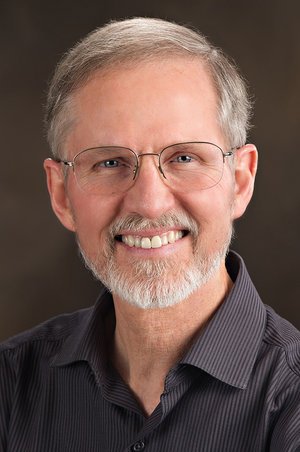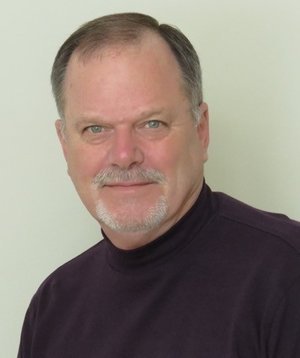Global Student Design Competition for Sustainable Solutions
Announces Expanded Array of Judges and New Program Leader
Grand Rapids, Mich., March 9, 2022 – With an ensured five-year continuation and a doubled total purse of $65,000 USD for student prizes, Kendall College of Art and Design of Ferris State University (KCAD) aims to heighten learning opportunities and experiences offered to finalists for Wege Prize, a competition inspiring academically talented college students to collaboratively design innovative solutions that combat the world’s “wicked problems” and support a circular economy. This year, the competing teams have access to a larger roster of skilled judges worldwide and a dedicated program coordinator.
This month, KCAD announces Wege Prize’s full slate of Core Judges for their 2022 edition, including design pioneer Tom Newhouse, researcher and educator Meritxell Martín i Pardo, sustainable business advisor Bill Stough, and circular economy learning consultant Jo Williams. With the expanded, international pool of judges, the student participants will gain insight from a diverse array of knowledge areas and experiences in sustainable business, clean energy, industrial design, STEM education, and many other fields.
Details follow, below, on two newly added judges for 2022 and the six Core Judges they have joined.
Along with these esteemed judges, the Wege Prize team welcomes a new program lead, Martha Meiers, who is amplifying KCAD’s message of empowering innovative students to collaboratively develop and implement powerful cutting-edge ideas for a sustainable future. To guide the annual Wege Prize process, Meiers has been tapped as Program Coordinator to offer her expertise, research, and academic experience on how KCAD and the Wege Center for Sustainable Design can further encourage students to create sustainable designs embedded in behavior and practice.
Meiers’s expertise in liaising with institutional leaders and communicating with worldwide teams will elevate Wege Prize in its coordination and recognition. Building the global network for Wege Prize and organizing and planning the distinct phases of the student competition’s novel and widely admired framework, Meiers applies her work experience as well as her studies, including a Bachelor of Fine Arts from Temple University and Master of Science from Drexel University, both in Philadelphia.
“Martha’s passion for student empowerment and sustainability are apparent in her steadfast dedication and central contributions to Wege Prize,” says Gayle DeBruyn, KCAD professor and Wege Prize organizer. “We’re thrilled to have her on our team.”
A Global Pool of Distinguished Judges
“We’re also excited about our expanded range of judges,” adds DeBruyn. “Their diversity of perspective, experience, and expertise is so important when it comes to helping students worldwide to actively engage with wicked problems, invest in their ideas, and become change-makers who positively impact the world.”
The judges’ essential role in the unique framework of Wege Prize benefits the transdisciplinary teams of five that compete over nine months and four distinct phases. The students will receive support and guidance from the judges’ feedback and commentary to continuously enhance, expand, and transform their innovative visions into a feasible and functional reality. The new judges include two leading experts from Europe:
Meritxell Martín i Pardo
Martín i Pardo is an accomplished writer, researcher, and professor. After working as a university professor, she became a research associate for the Smithsonian Center for Folklife and Cultural Heritage. While running a cultural sustainability program in Catalonia, Spain, her projects documented the communities’ cultural diversity and living traditions, and she helped develop strategies to make these expressions vital, visible, and viable. In addition to continuing exploring relationships between the circular economy and living heritage in the Ellen MacArthur Foundation flagship learning program, Martín i Pardo is a founding member of a nongovernmental organization, The Cascade Collective for Cultural Sustainability, and she is a professor of anthropological, cultural, and religious studies at IES Abroad in Barcelona. She holds a master’s and doctorate in the history of religions from the University of Virginia and a bachelor’s in philosophy from the Universitat Autònoma de Barcelona. She is on the board of directors of Lluïsos de Gràcia.
Jo Williams
Ms. Williams is a circular economy learning consultant based in the United Kingdom who also works for the Ellen MacArthur Foundation in setting up and managing its higher education program. The program includes the world’s first circular economy (CE) fellowship program, an international year-long program for graduate students that blends online and summer school learning. Since 2018, Williams has been a senior tutor on the University of Exeter’s CE Masterclass, an online program for business executives. She also developed and runs circular economy workshops for various clients, including for the U.N.’s Switch Asia Leadership Program and for Tsinghua University, China. Prior to this, Ms. Williams worked in science communication, developing content for exhibitions and events at the Science Museum in London, and she ran her own company working with museums around the world.
—
Reflecting varied expertise, the returning judges for Wege Prize include (left to right in photos above):
Alysia Garmulewicz
Garmulewicz is an associate professor of the circular economy at the Facultad de Administración y Economía, Universidad de Santiago de Chile, as well as an associate fellow at the CABDyN Complexity Centre, Saïd Business School, at the University of Oxford and a member of the International Society for the Circular Economy.
Christopher Carter
Carter is a nationally known educator, a seasoned animator and storyboard artist, and a highly regarded sculptor of reclaimed and repurposed found materials. He has led successful business ventures as a CEO and Creative Director of Maverix Studios, based in San Francisco and Tokyo, from 2007 to 2012, where he extensively worked with iconic clients such as HBO, National Geographic, Warner, Proctor and Gamble, Coke (Sprite) and Lucas Arts and Entertainment.
Nathan Shedroff
Shedroff is an associate professor at California College of the Arts in San Francisco, where he founded the groundbreaking master’s degree program in design strategy that addresses profitable, sustainable, and ethical practices that unite systems thinking, design, and generative leadership into a holistic framework. He is a pioneer in experience, interaction, and information designs, and is an entrepreneur, and author of Strategy in Action, and the new Make It So.
Colin Webster
Finally, Colin Webster is an education program manager, also with the U.K.-based Ellen MacArthur Foundation. In this role, Webster has introduced high school teachers and students to the circular economy, produced educational resources, and worked with varied universities through the foundation's Schmidt-MacArthur Fellowship program.
Late last year, Wege Prize also announced two new core judges, the design pioneer Tom Newhouse and sustainability consultant and expert Bill Stough. For more than 35 years, Newhouse has been designing furniture, lighting, and appliances, for Herman Miller and his eponymous industrial design consulting firm. Stough founded Sustainable Research Group and his own successful consultancy, working on environmental and sustainable business issues with nonprofit environmental organizations, private manufacturers, and environmental engineering firms, among others.
—
The two new judges Williams and Martín i Pardo, along with their colleague core judges, support Wege Prize’s 10 preliminary judges that helped participating student teams rethink the current linear economic system, which heavily relies on collecting large quantities of resources and energy that are immediately discarded after use. Tackling this by designing innovative proposals that support regenerative approaches to the use and consumption of finite resources, the Wege Prize teams learn more about how to help eliminate waste, mimic the operation of living systems, and build toward a future circular economy.
The powerful impact of entering the Wege Prize competition does not end at the immense support received from the judges and their investment into their ideas. Just as important, the Wege Prize experience also offers them future opportunities and experiences of real-world acceptance and application after the competition has concluded. Finalists have amplified their ideas and utilized the skills, mentoring, and teaching learned from their inspiring times as Wege Prize competitors to join incubators and earn startup funding; win prestigious grant funds; and continue their legacy of leadership in addressing biodiversity, climate change, agricultural waste, social equity, and much more.
More details about Wege Prize 2022 will be revealed in the coming weeks on wegeprize.org. For press inquiries, interviews and imagery, contact Kayla Morgan at kayla@ccsullivan.com.
